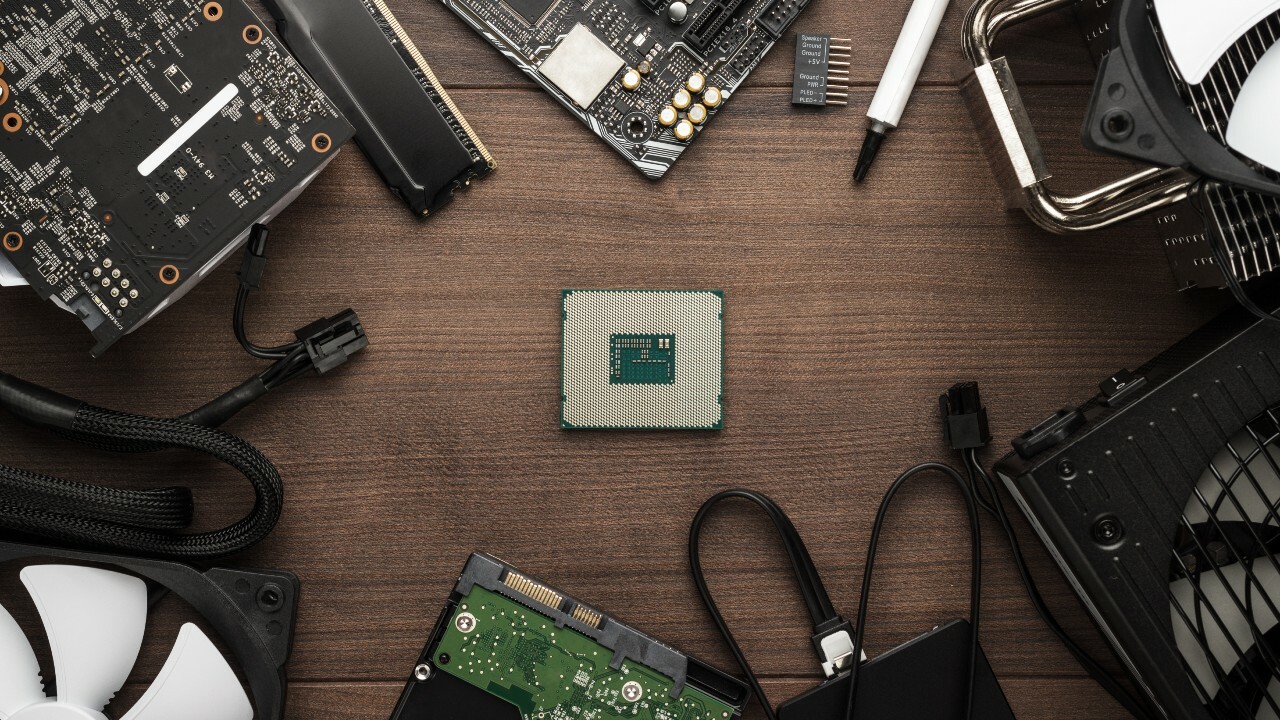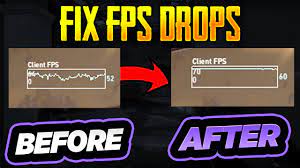A Guide to Buying Reliable PC Components

Building a custom PC can be an exciting endeavour. Whether you’re a seasoned enthusiast or a newcomer to the world of PC building, the process of selecting reliable components is crucial for creating a high-performance and stable system. With a budget of $1000, you can assemble a powerful PC that meets your needs without breaking the bank. In this guide, we’ll walk you through the essential steps and considerations to ensure you buy reliable PC components for your dream rig. So, without wasting any more time let’s start our journey.
Define Your Purpose
Before diving into the world of PC components, it’s essential to establish the primary purpose of your build. Are you planning to use it for gaming, content creation, or everyday tasks? Your intended use will significantly influence component choices and the allocation of your budget.
Budget Allocation
With a $1000 budget, you’ll need to allocate your funds wisely across various components. A common guideline is to allocate roughly 40-50% of your budget to the graphics card, 20-25% to the processor, 10-15% to RAM, and the rest to storage devices, motherboard, power supply, and peripherals. This is a good starting strategy and you can tailor it to your specific needs as you move further into the building process.
Research and Compatibility
Compatibility is key when selecting PC components. Make sure that your chosen components are compatible with each other and fit within your case. Online resources and PC builder tools can help you check compatibility and find the best combination of components.
Processor (CPU)
The CPU is the heart of your PC. For a $1000 build, consider mid-range processors from reputable brands like Intel or AMD. Look for models that offer a balance between price and performance. There are a lot of factors that come into account when choosing the right CPU for your gaming computer, such as:
- Threads
- Cores
- Frequency
Graphics Card (GPU)
The graphics card is crucial for gaming and graphics-intensive tasks. In this budget range, focus on mid-tier GPUs like the NVIDIA GTX 1660 Super or AMD Radeon RX 5600 XT. Ensure that your chosen GPU can handle your desired games or applications at your preferred resolution and settings. It is also important to make sure that your card is compatible with your motherboards. For instance, your card might have a larger size and might not fit on the board or it might not fit with the generation of your other components.
Memory (RAM)
For a reliable PC, 16GB of RAM is a solid choice. It’s enough for most tasks and games. Ensure that the RAM you choose is compatible with your motherboard and offers decent speed, typically 3200MHz or higher. Nowadays the two most commonly used technologies of RAM modules are:
- DDR4
- DDR3
Storage
Invest in a fast and reliable storage solution. Consider an SSD for your operating system and frequently used applications for faster boot times and responsiveness. Pair it with a larger HDD for mass storage. A 256GB SSD and a 1TB HDD combo is a good starting point.
Motherboard
Choose a motherboard that matches your CPU and offers the features you need. Look for a reputable brand, adequate connectivity options, and room for future upgrades. Make sure it’s compatible with your chosen CPU and has enough RAM slots and expansion slots for your needs.
Power Supply (PSU)
A reliable power supply is essential to protect your components and ensure stable performance. Aim for a PSU with 80 PLUS certification for efficiency and a wattage rating that provides some headroom for future upgrades. Around 500-600 watts should suffice for a $1000 build.
Another important thing to consider when buying high-performance power supply units is the standard certifications that they come with. There are a lot of different types of certifications but the most important among them is the “80 Plus”. The 80 Plus certification also has the following sub-categories. A brief detail about them are:
- 80 PLUS: Minimum 80% efficiency at 20%, 50%, and 100% load.
- 80 PLUS Bronze: Minimum 82% efficiency at 20%, 85% at 50%, and 82% at 100% load.
- 80 PLUS Silver: Minimum 85% efficiency at 20%, 88% at 50%, and 85% at 100% load.
- 80 PLUS Gold: Minimum 87% efficiency at 20%, 90% at 50%, and 87% at 100% load.
- 80 PLUS Platinum: Minimum 89% efficiency at 20%, 92% at 50%, and 89% at 100% load.
- 80 PLUS Titanium: Minimum 90% efficiency at 10%, 92% at 20%, 94% at 50%, and 90% at 100% load.
Case
Select a case that accommodates your components, offers good airflow, and has cable management options. The choice of case is largely personal, but prioritize good airflow to keep your components cool and running smoothly.
Peripherals
Don’t forget about peripherals like a monitor, keyboard, and mouse. Allocate a portion of your budget for quality peripherals that enhance your overall PC experience. Look for displays with high refresh rates for gaming and comfortable input devices for productivity.
Read Reviews and Seek Recommendations
Before making any purchases, read reviews from reputable tech websites and user feedback on online marketplaces. You can also seek recommendations from PC-building communities and forums to get insights into the reliability and performance of specific components.
Warranty and Customer Support
Check the warranty and customer support policies of the components you intend to purchase. Reliable brands often offer better warranties and customer support, which can be invaluable in case of any issues.
Conclusion
Building a reliable PC within a $ 1,000 budget is entirely feasible with the right approach. By defining your purpose, allocating your budget wisely, and researching each component thoroughly, you can ensure that your dream rig meets your expectations in terms of performance and reliability. Remember that patience and diligence in selecting high-quality components will pay off in the long run, providing you with a powerful and dependable PC for years to come!



